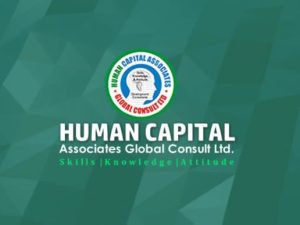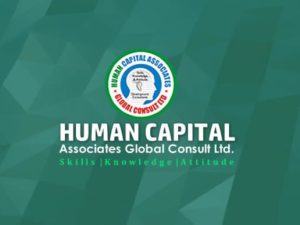Workshop on Alternative Dispute Resolution
August 5 – 9, 2024
Venue: – Tenko Plaza Hotel, Accra
22 Boundary Rd, East Legon, Accra, Ghana
Course Fee: $3,000 per Participant
Program Overview:
Alternative Dispute Resolution (“ADR”) refers to any means of settling disputes outside of the courtroom. ADR typically includes early neutral evaluation, negotiation, conciliation, mediation, and arbitration. Due to the ever-rising costs of conflict in the workplace, employers are increasingly turning to Alternative Dispute Resolution (ADR) as a solution. Employee conflict, labour disputes and wrong termination claims in particular are increasingly common and employers need to take steps to stem the tide of conflict and lawsuits. As burgeoning court queues, rising costs of litigation, and time delays continue to plague litigants, many organizations have begun experimenting with ADR programs. Some of these programs are voluntary; others are mandatory.
The main advantage of this form of dispute settlement is that it allows the parties themselves to control the process and the solution.
For Whom:
This course is designed for private practice lawyers working in International litigation, Civil and criminal litigation, Construction law, Arbitration, Dispute resolution. Professionals such as Negotiators, Risk managers, Planning managers, Surveyors, Procurement officers, Conflict Managers, Contract managers, Project managers, Quantity surveyors, Complaint handlers
Mediators, Ombudsmen, Company Secretaries, Legal Advisers, and Business development professionals working in corporate organizations can benefit from this program.
Learning Objectives:
⦁ At the end of the program, participants will be able to:
⦁ explain the meaning, functions and purpose of alternative dispute resolution (ADR);
⦁ help their organizations save time and money through negotiating better deals;
⦁ acquire and use problem-solving techniques for internal and external mediation;
⦁ manage and strengthen relationships with suppliers, customers, the government, employees and other stakeholders;
⦁ manage and reduce complaints and grievances by preventing unnecessary conflicts;
⦁ manage and resolve workplace conflicts quickly and effectively to maintain productivity and morale;
⦁ create more productive employees who can communicate and negotiate effectively with other employees and clients/customers of the organization;
⦁ avoid costly and unnecessary lawsuits/delays in conventional litigation courts;
⦁ explain the differences between alternative dispute resolution and litigation;
⦁ use different approaches in the negotiation process; and
⦁ explain the functions of a mediator.
Course Outline:
Day 1: Dispute Resolution: An Overview
⦁ Overview of the dispute resolution process
⦁ Methods of dispute resolution including:
⦁ Litigation
⦁ Arbitration
⦁ Collaborative law
⦁ Mediation
⦁ Conciliation
⦁ Negotiation
⦁ Facilitation
⦁ Court litigation processes
⦁ Court documents
⦁ Case management
⦁ Disclosure
⦁ During the trial – what to do and what not to do
⦁ Path of a claim
⦁ Pre-action matters
⦁ The Judgment
Day 2: Dispute Resolution Methods and its Importance
⦁ The Alternative Dispute Resolution (ADR) system
⦁ Early neutral evaluation
⦁ Negotiation
⦁ Conciliation
⦁ Mediation
⦁ Arbitration
⦁ Importance of Alternative Dispute Resolution
Day 3: The Law systems
⦁ Civil law system
⦁ Codification
⦁ Subgroups
⦁ Our Common law system
⦁ Court decisions
⦁ Statutes
Day 4: The International Arbitration System
⦁ Introduction to mediation: The process and its principles
⦁ Introduction to international arbitration
⦁ Institutional versus ‘ad hoc’ arbitration
Day 5: Arbitration Process and Its Purpose
⦁ Advantages and disadvantages of:
⦁ Arbitration
⦁ Litigation
⦁ Mediation
⦁ The arbitration award and its enforcement
The Course Package: Includes: Course material in soft copy, Tea break, Lunch, City tour, and certificate of attendance. A laptop with the soft copy of the course material loaded with a carrying bag will be presented to the participants at the end of the course.
Note: Payment is either U$D or the prevailing parallel market rate. We do not accept government official rate.
Training Methodology
⦁ Methodology: Lectures, discussions, exercises, case studies, audio-visual aids will be used to reinforce these teaching/learning methods
For bookings and inquiries, call: +234-8051365946, +234-7087578814 (Office Lines)
24/7 Lines: +234-8068933608, +234-8029170491 & +234-8145745664 & +234-9112830607
Or send us an email: info@hcaglobalconsult.com or hcaglobalconsult@gmail.com
Related Courses




